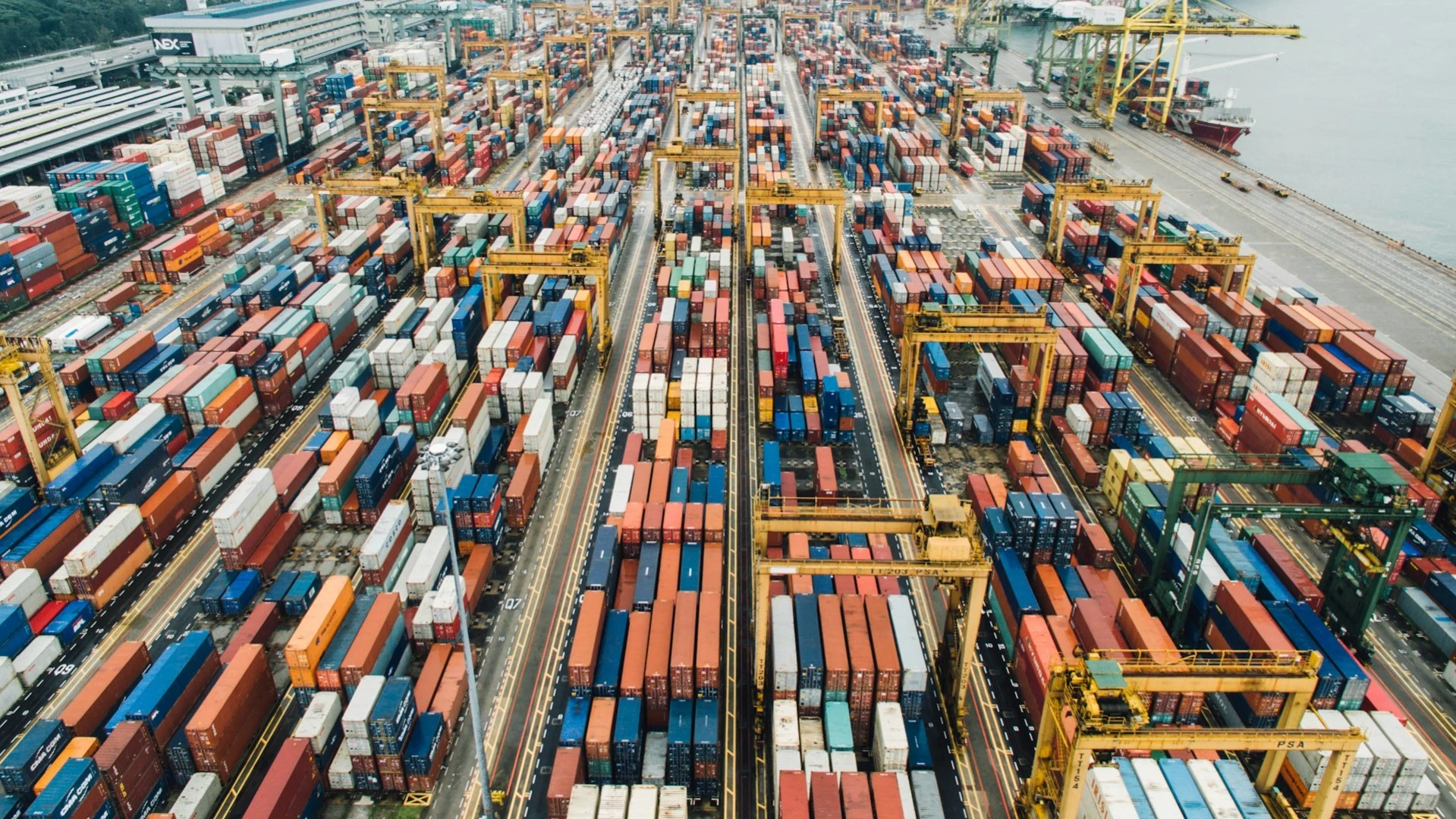Royce PMs see more volatility for small caps in 2H amid policy uncertainty

Small caps are set to see more volatility in the second half of the year, according to a roundtable discussion of portfolio managers at Royce, which specializes in the small-cap space. The issue, they say, is that investors lack certainty about the policy backdrop.
Details
"We’re likely to see more volatility in the second half because the markets really can’t stand uncertainty," said Jim Stoeffel, who runs the portfolio for four Royce funds.
The main factor of uncertainty, he said, is the tariffs Trump is threatening to impose from August 1.
"Trump’s second term has already created a lot of anxiety, mostly centering on tariffs," Stoeffel elaborated. "Going back to November, we knew that there would be Republicans in control of both Houses of Congress and the White House – which signaled stability."
He argues many investors thought the White House would use the threat of tariffs as a negotiating tactic, but the issue has ended up "being more significant and much more capricious... than anyone was expecting."
"Even if tariffs are eventually settled with our biggest trading partners... the negotiating process creates a lot of headline risk and breeds volatility. The ensuing anxiety will almost certainly have a negative impact on stocks," Chip Skinner, another portfolio manager, agrees.
Context
Trump's victory in last year's election gave a huge boost to small-cap stocks. On November 25, the Russell 2000 and S&P SmallCap 600 indexes hit multiyear highs. But the "Trump Bump" was followed by the "Trump Dump," a selloff that played out in the first quarter and into early April, Skinner says. The Russell 2000 sank 9.8% in the first quarter, while the S&P SmallCap 600 plunged 9.1%.
The indexes began to recover only in May. This set the stage for a number of Wall Street analysts to speculate that this summer could belong to small caps. The Russell 2000 has already pared its year-to-date losses, while the S&P SmallCap 600 is still off 2.3%.
However, Skinner argues, "There are a lot of risks out there, and I don’t see the markets staying as placid as they’ve been over the last two months."
The AI translation of this story was reviewed by a human editor.
